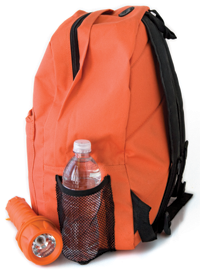• Contents
Why should I care?
• Southern California earthquakes and faults
• Future earthquakes
• Tsunami hazards and other hazards
• One plausible big one
• Recovering from a big one
What should I do?
• The seven steps to earthquake safety
• STEP 1: Identify hazards
• STEP 2: Create a plan
• STEP 3: Prepare kits
• STEP 4: Identify building weaknesses
• STEP 5: Drop, cover, and hold on
• STEP 6: Check for injuries
• STEP 7: Follow your plan
What should I know?
• Earthquakes and faults
• Locating and measuring earthquakes
• Earthquake shaking
• Information available after earthquakes
• Web resources

Personal emergency supplies kits
Everyone should have personal emergency supplies kits. Keep them where you spend most of your time, so they can be reached even if your building is badly damaged. The kits will be useful for many emergencies, and especially if you need to evacuate out of a tsunami hazard zone.
Keep one kit in your home, another in your car, and a third kit at work. Backpacks or other small bags are best for your emergency supplies kits so you can take them with you if you evacuate.
Include at least the following items:
|
|
Household emergency supplies kit
Electrical, water, transportation, and other vital systems can be disrupted for several days or much longer in some places after a large earthquake. Emergency response agencies and hospitals could be overwhelmed and unable to provide you with immediate assistance. Providing first aid and having supplies will save lives, will make life more comfortable, and will help you cope after the next earthquake.
In addition to your personal emergency supplies kits, store a household emergency supplies kit in an easily accessible location (in a large watertight container that can be easily moved), with a supply of the following items to last at least 3 days and ideally for 2 weeks:
|
|
Use and replace perishable items like water, food, medications and batteries on a yearly basis. Keep special medical or mobility equipment (ventilators, oxygen tanks, extra cane, etc.) where they can be easily reached.
A special note about children
If earthquakes scare us because we feel out of control, think how much more true this must be for children, who already must depend on adults for so much of their lives. It is important to spend time with children in your care before the next earthquake to explain why earthquakes occur. Involve them in developing your disaster plan, prepare emergency supplies kits, and practice “drop, cover, and hold on.” Consider simulating post-earthquake conditions by going without electricity or tap water.
After the earthquake, remember that children will be under great stress. They may be frightened, their routine will probably be disrupted, and the aftershocks won’t let them forget the experience. Adults may need to leave their children in order to deal with the many demands of the emergency, but this can be devastating to children. Extra contact and support from parents in the early days will pay off later. Whenever possible, include them in the recovery process.




